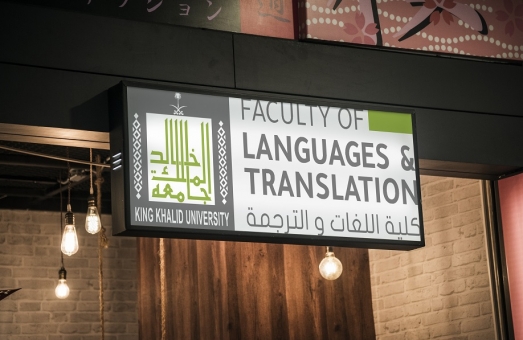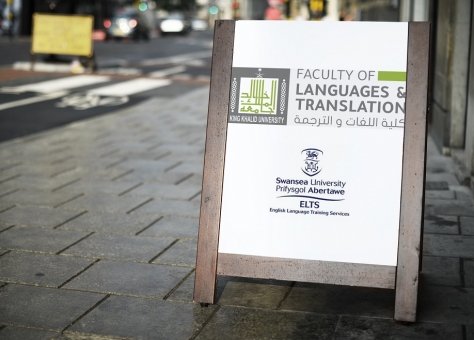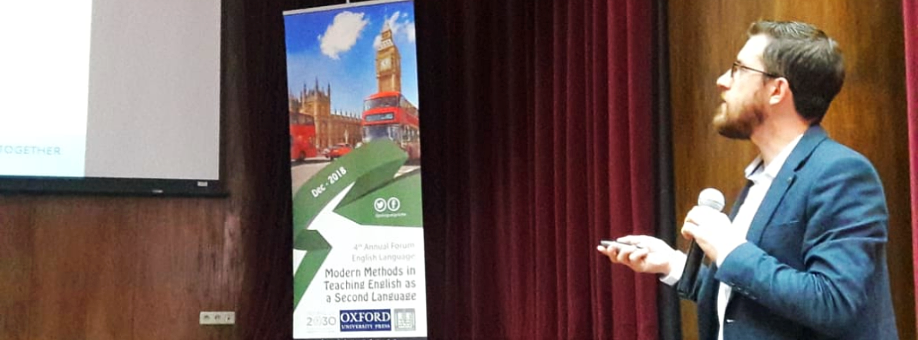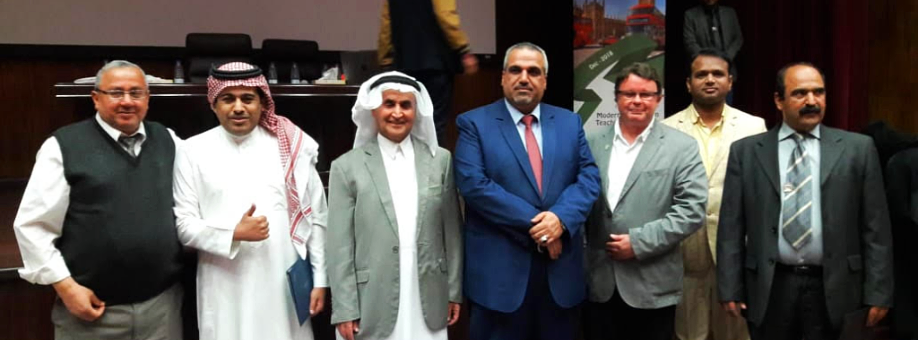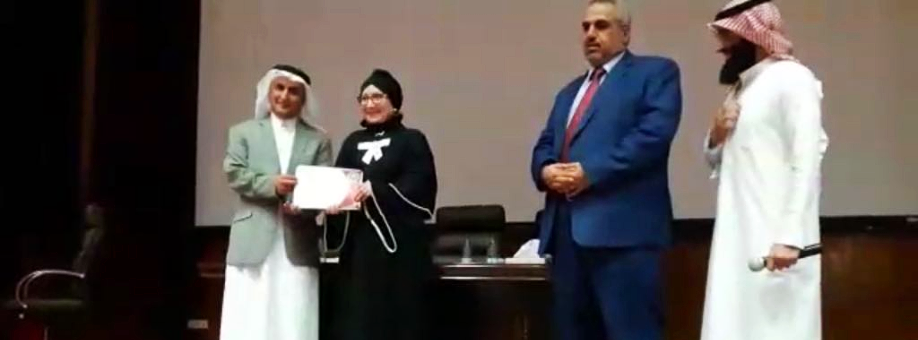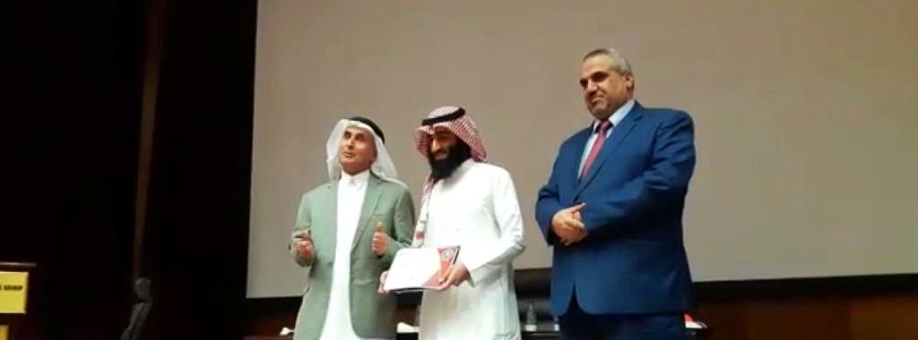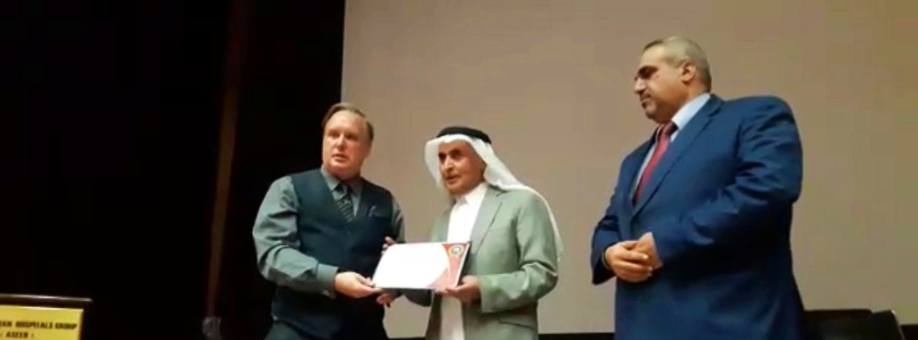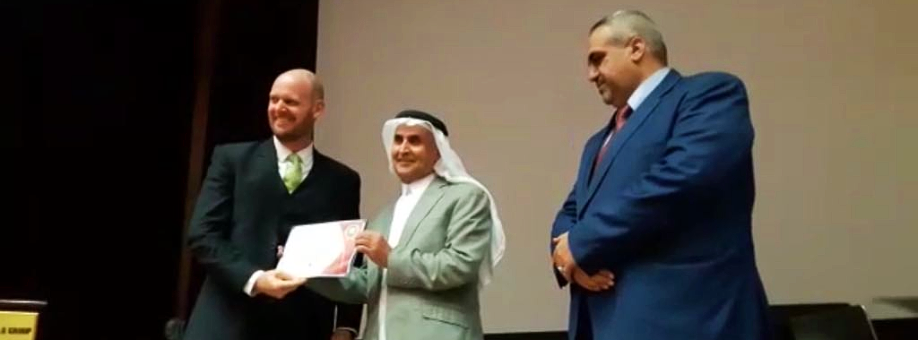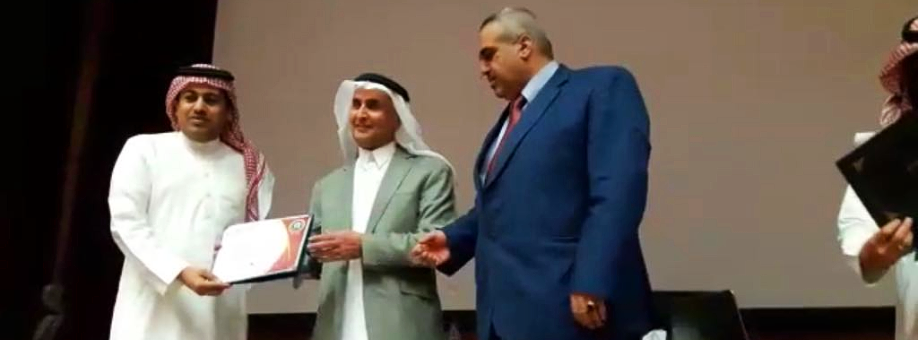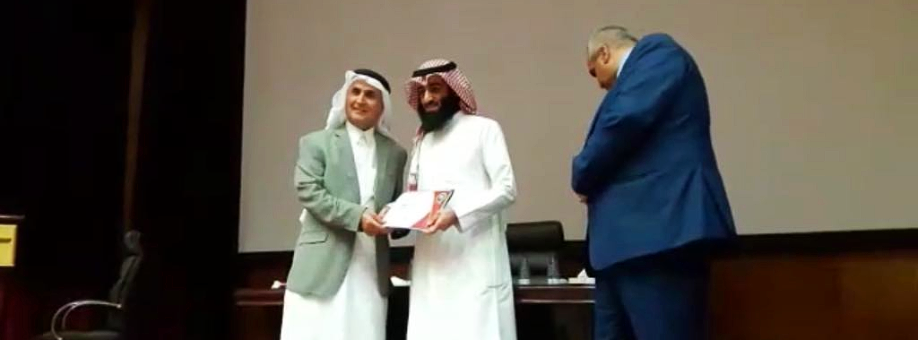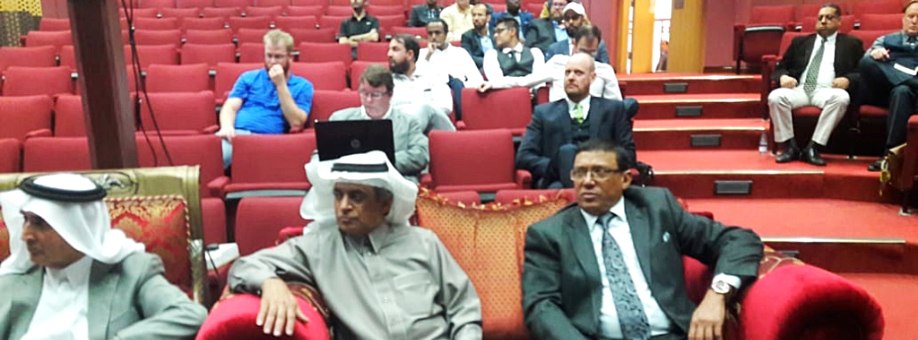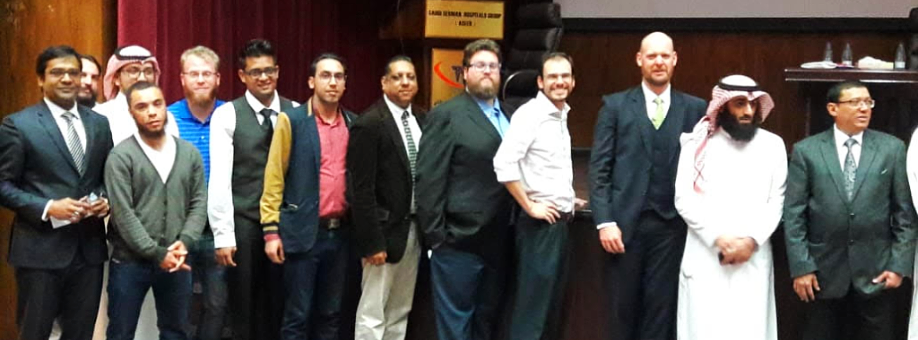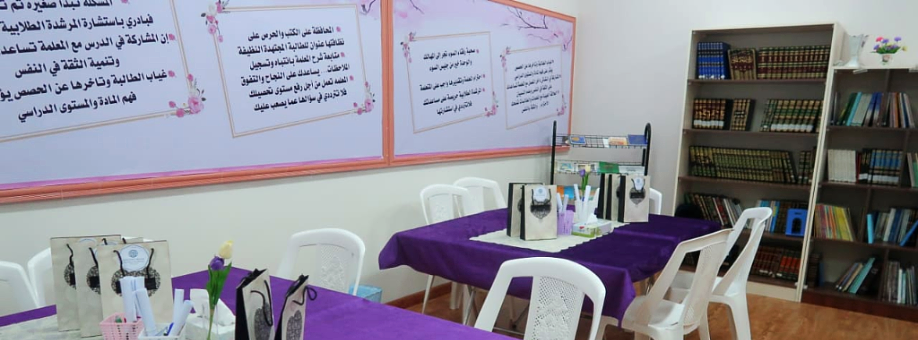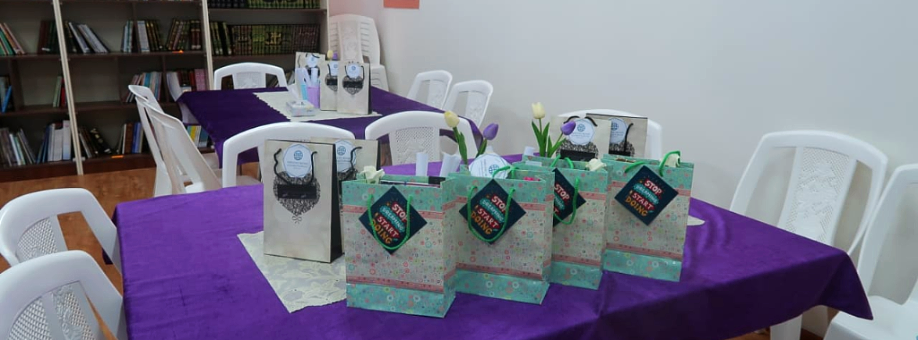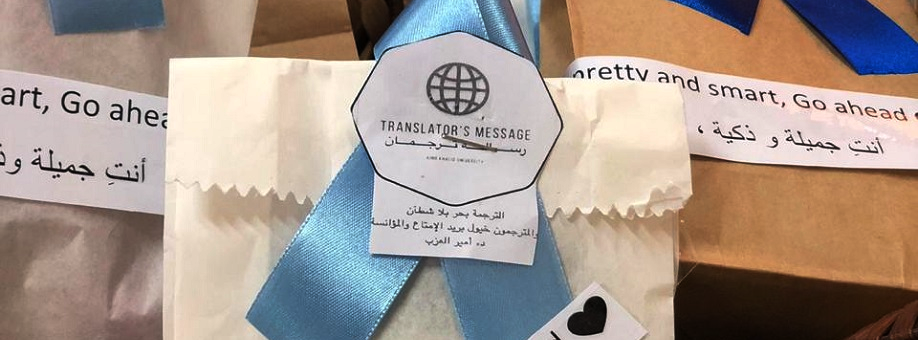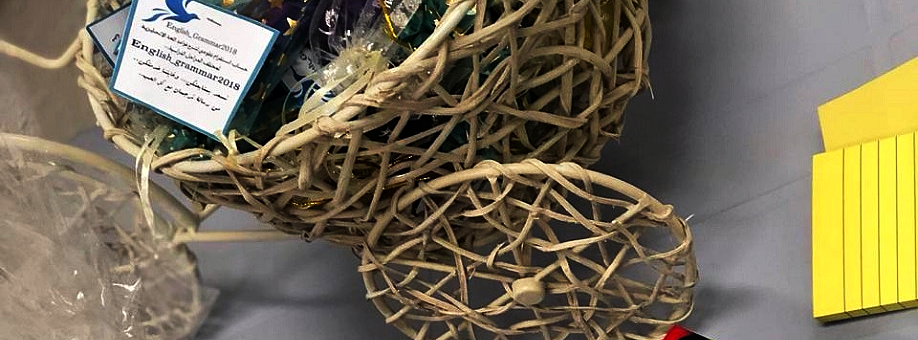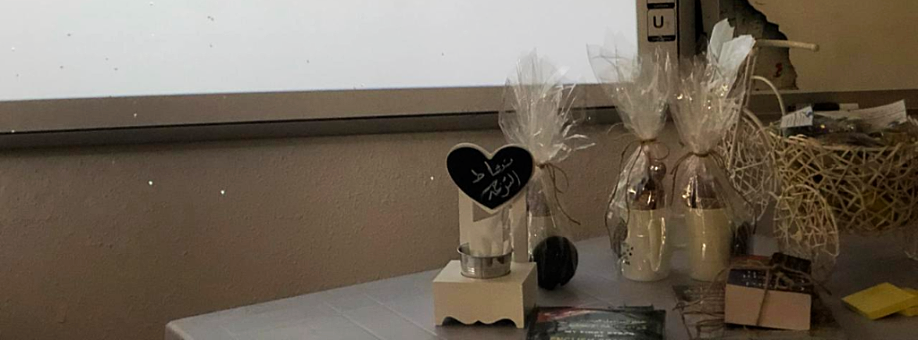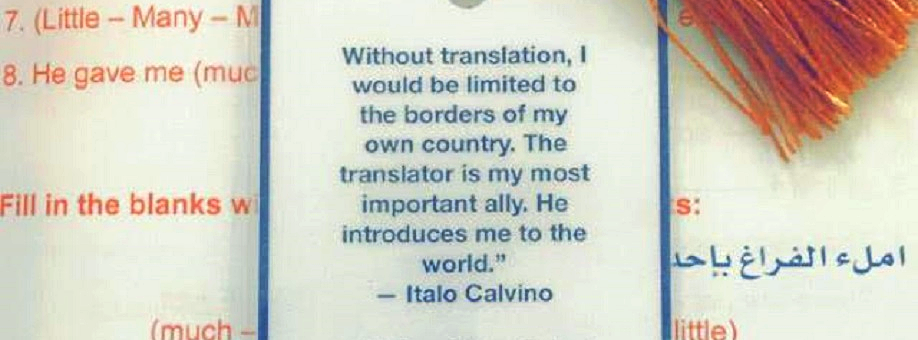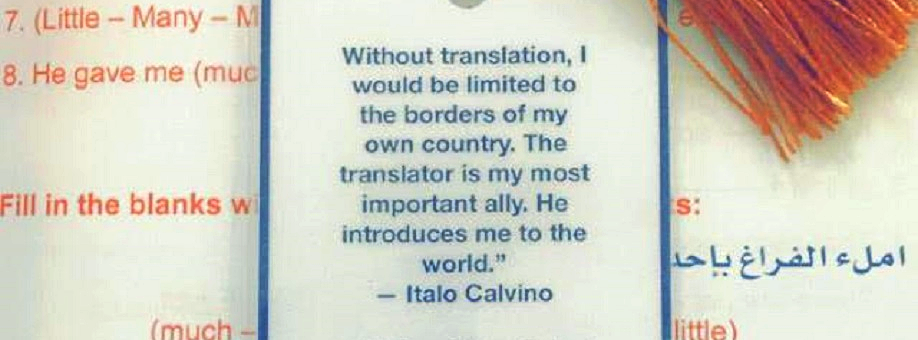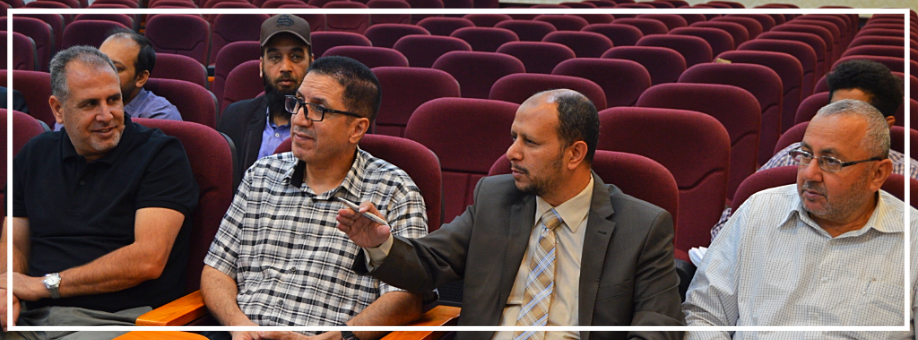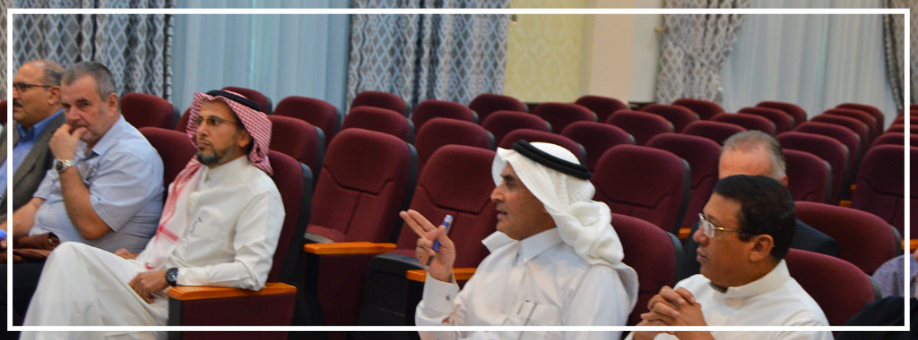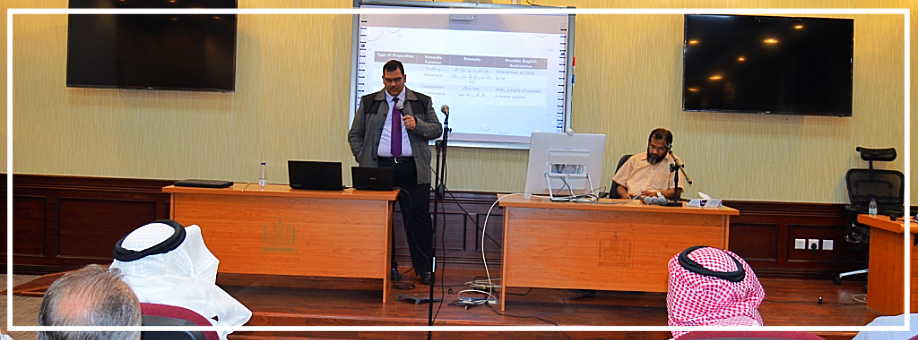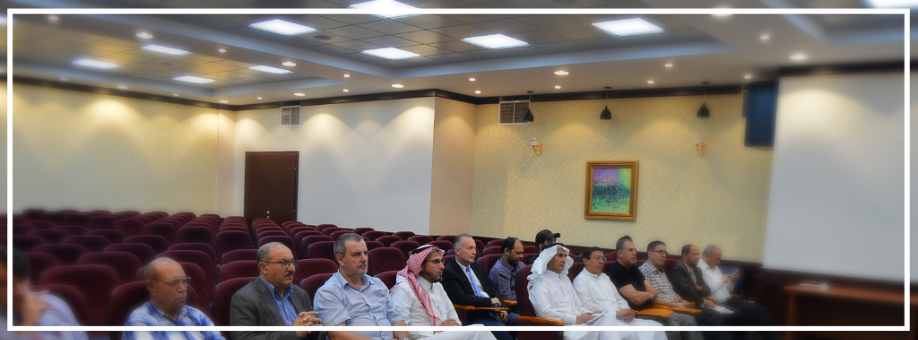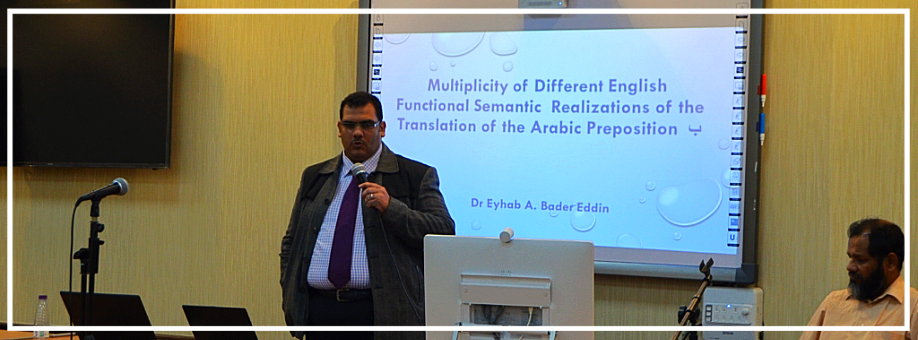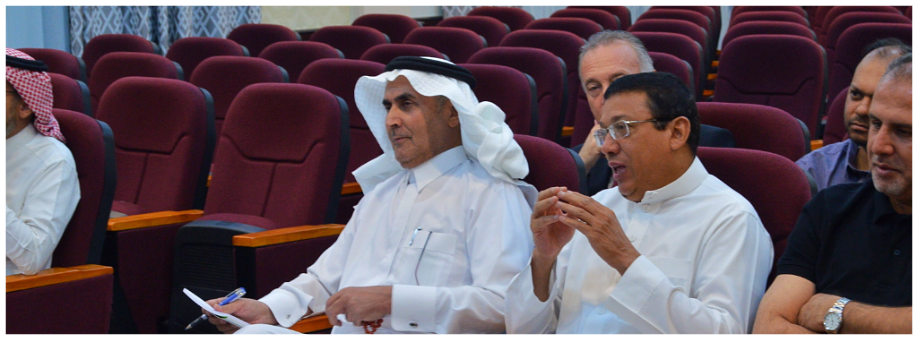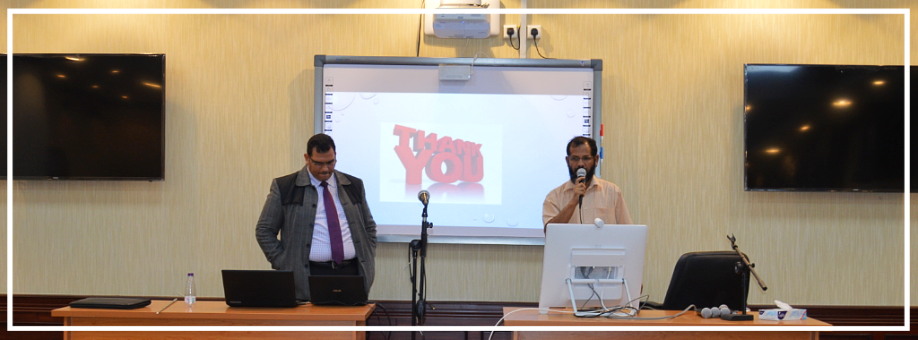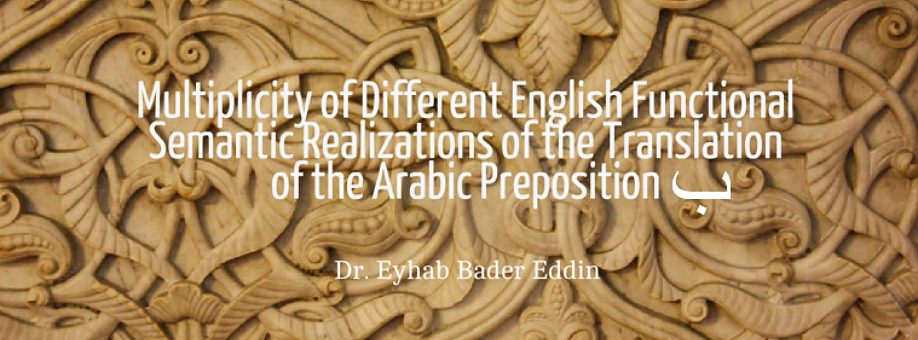Fall Semester Comes to a Close
The Faculty of Languages and Translation's Fall 2018 semester is officially closed. This first half of the school year has been marked with considerable successes and improvements in the college.
The college has made great strides in foundational quality improvements. Several course specifications in the department, syllabi, and student learning outcomes have been updated. Also, course specifications in the English Language Center have been modified in cooperation with the relevant colleges served by the English Language Center. These changes were implemented to improve the student experience and enhance the educational value for their future academic and career endeavors. In addition, measurement and evaluation tools for all courses have been implemented pursuant to the highest standards of leading universities throughout the world. Our international cooperation efforts have been expanded as evidenced by the continuing negotiations for a major joint venture with the University of Swansea led by Vice Dean, Dr. Yahya Asiri. 'The Faculty of Languages and Translation is committed to continuous improvement in all programs', said Dean Abdullah Al-Melhi.
The Faculty of Languages and Translation has realized many process improvements concerning examinations within the department and the English Language Center. The Exam Committee has put a great emphasis on maintaining test integrity and security. There are strict quality control guidelines to ensure that all examinations are consistent, thorough, and fair to the students. An emphasis on test security has greatly reduced incidents of cheating and accidental disclosure of testing material. In addition, the examination process went very smoothly at the end of the semester. Vice Dean Asiri said 'I thank the Exam Committee and all of our faculty for their hard work and emphasis on making the final examinations secure, fair, and an accurate measure of student performance. It is a difficult undertaking, but all of our faculty members are committed and achieved excellent results'. Chairman, Dr. Munassir Alhamami, noted that this semester saw a reduction in cheating cases due to tighter process controls and faculty vigilance.
The Faculty of Languages and Translation is dedicated to continuous improvement in language education and the student experience. We are at the forefront of program and process evaluation and development. Despite these successes, we will not rest on our laurels. We look forward to even more improvements in the semesters to come.
All students, faculty, staff, and administrators have certainly earned and need time to rest. Everybody have a great week off!
Date: 1/1/2019
Source: FLT Digital Ambassador

